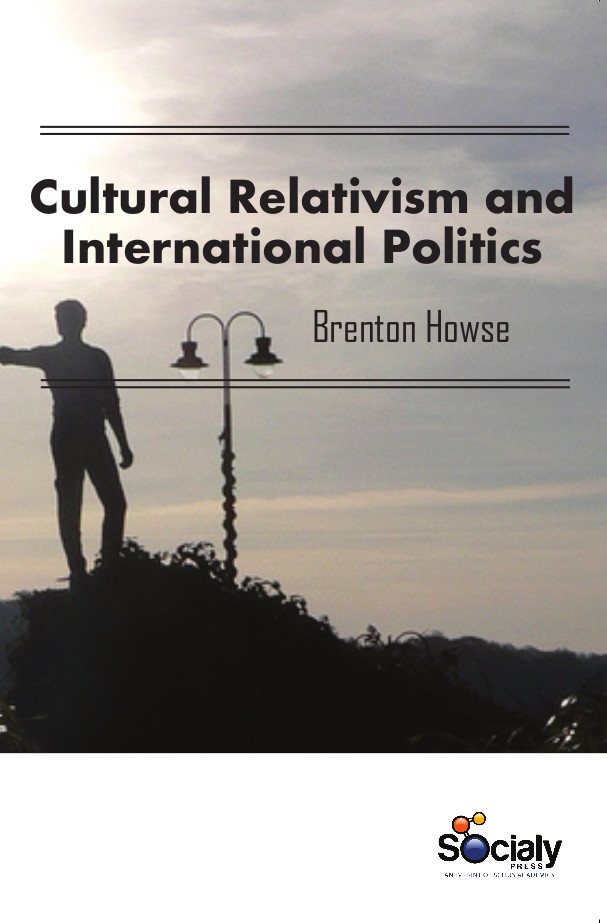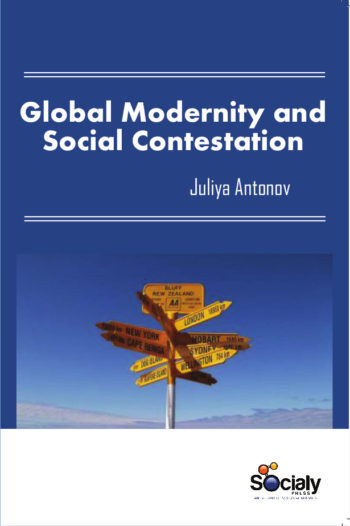Cultural relativism is a complex concept that has its intellectual roots in discussions about relativism in the philosophy of science and the philosophy of language. Relativism is typically viewed in contrast to realism, which is the idea that what is true and real exists independently of the mind. Cultural issues are central to a range of international debates, including those concerning nationalism, autonomy, identity politics, and democratic incentives. Such matters require a degree of cultural sensitivity, particularly when external organizations and governing bodies are brought into the equation. Cultural relativism is associated with a general tolerance and respect for difference, which refers to the idea that cultural context is critical to an understanding of people’s values, beliefs and practices. In international relations, cultural relativists determine whether an action is ‘right’ or ‘wrong’ by evaluating it according to the ethical standards of the society within which the action occurs.
Cultural Relativism and International Politics presents studies in the field on whether value judgments can be made across cultures. The relativist approach has come to be taken for granted amongst anthropologists today, as an awareness of positionality and representation has greatly affected ethnography since the 1980s. Conceptually, Anthropology has a lot to contribute to International Relations, not least in its interest in what ties people together. With respect to international organizations, such as the UN and the EU, the incentives for membership are arguably not solely economic or political. The communitarian nature of these organizations forms a large part of their appeal for many people, and the ‘international community’ is prominent in the rhetoric of global politics. A cross-cultural approach has many benefits in providing new perspectives on key issues, as well as prompting us to revaluate our assumptions and preconceptions.













